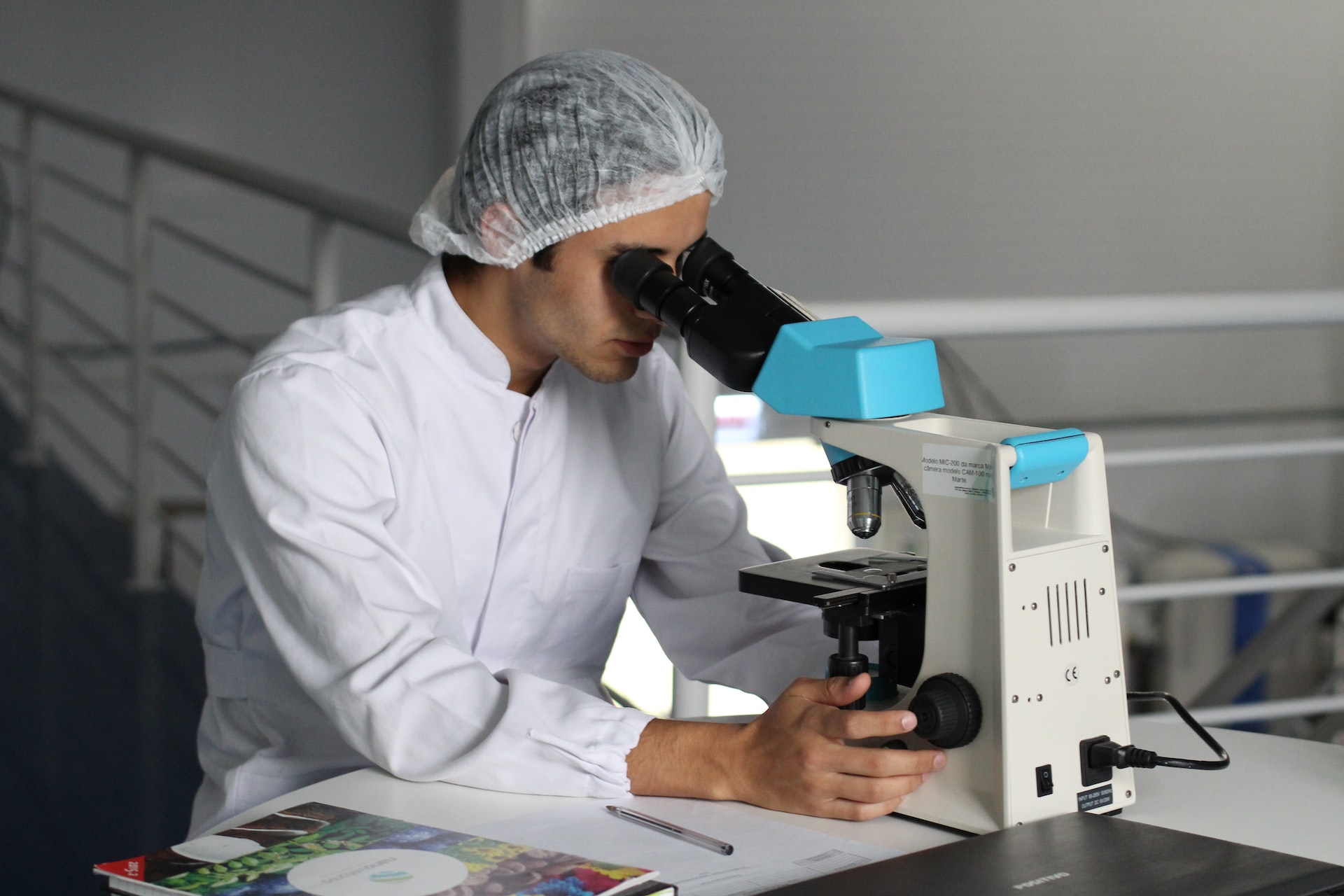In the face of an ever more digital world, healthcare technology is developing at an astonishing pace. Where once there were checkups and blood tests, now there are apps that monitor your heart rate and VR headsets to examine your brain as it responds to stimuli.
These innovations have already profoundly affected how we think about healthcare, and they’ll only continue to do so in the coming years. The following five healthcare technologies stand out as having the potential to reshape the future of our medical services from diagnosis through treatment and beyond.
Wearable Healthcare Devices
Wearable devices are an emerging category of healthcare technologies growing in popularity. From smart wristbands that monitor your heart rate and blood pressure to headsets that can measure your brain activity, these devices can gather a huge amount of information about your physical condition with minimal effort on your part.
As more people are exposed to the benefits of these devices, the number of wearable healthcare products is expected to grow significantly in the coming years. The potential impact of wearable healthcare devices is vast. From helping to spot health issues before they turn into crises to providing data that can be used to further research and development in the healthcare sector, these devices are set to play an increasingly important role in our healthcare services.
Electronic Medical Records (EMR)
Electronic medical records (EMR) are software systems designed to store patient data that healthcare providers have input. These systems have been used in various forms since the 1980s, but they’ve become much more sophisticated.
Today, EMRs can store a vast array of data on a single patient, including everything from their medical history to their genetic makeup and diet. This massive amount of information can help doctors make more informed decisions about their patients’ illnesses and treatment plans.
Additionally, EMRs allow patients to access their information from home via a secure online portal. EMRs have come under fire in recent years due to their high cost and the fact that they’re generally incompatible with other systems. Despite these issues, EMRs remain an essential part of healthcare technology, and they’re expected to play an even more significant role in the future.
Robotic Telemedicine and Surgery
Telemedicine has been used to transmit images and information between healthcare professionals for decades, but recent advances in robotics have provided a new opportunity for this technology. Now, robots can perform surgeries remotely, allowing surgeons to operate on patients thousands of miles from their hospital facilities.
Robotic telemedicine surgeries are expected to be particularly useful when it’s risky or impractical for doctors to travel to their patients, such as in cases where people are in secluded or war-torn areas. Robotic telemedicine is still in its infancy and hasn’t been fully standardized yet, but it has the potential to reshape the way that healthcare services are delivered around the world.
Genomics and the Regeneration of Human Tissue
The rise of genomics as an industry and science has led to significant progress in our understanding of genetics and human health. This information has the potential to be applied in two ways that could transform healthcare as we know it.
First, it could create personalized treatments for various illnesses, tailoring each prescription to the patient. Second, it could generate regenerative tissue, such as skin or cartilage, from a patient’s DNA. In many cases, this would allow people to avoid invasive medical procedures, such as skin grafts. While genomics is still in its infancy, these two developments have the potential to change the way that healthcare services are delivered completely.
Advancements in AI and Big Data Analytics
Artificial intelligence (AI) and big data analytics have been making waves in the commercial sector for years. Still, the healthcare industry is only now beginning to explore the potential of these technologies. From analyzing data from wearable devices to provide early warning signs of health issues to sifting through medical records to flag potential errors, AI and big data analytics are set to play an increasingly important role in healthcare service delivery.
As these technologies become more affordable and accessible, they’re expected to be implemented across a wide range of healthcare settings, providing organizations with vital insights into their operations.
Conclusion
Healthcare technology has come a long way since it first began to make its mark on the world. In the face of an ever more digital world, healthcare technology is developing at an astonishing pace. Where once there were checkups and blood tests, now there are apps that monitor your heart rate and VR headsets to examine your brain as it responds to stimuli.
These innovations have already profoundly affected how we think about healthcare, and they’ll only continue to do so in the coming years. These five healthcare technologies stand out as having the potential to reshape the future of our medical services from diagnosis through treatment and beyond.

